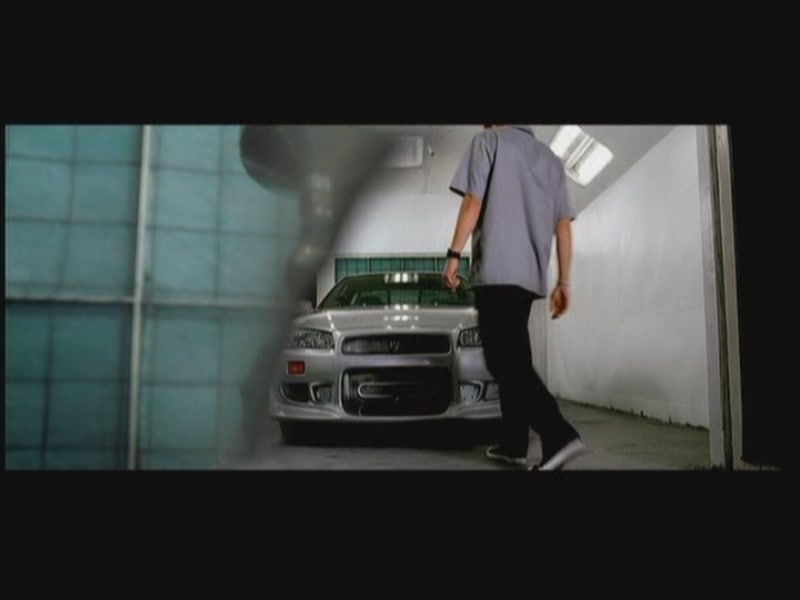

This improvement over the power output of a naturally aspirated engine is because the compressor can force more air and proportionally more fuel into the combustion chamber than atmospheric pressure alone.Ī key difference between a turbocharged diesel engine and a traditional naturally aspirated petrol engine is that the air entering a diesel engine is compressed before the fuel is injected. For this reason, many automakers choose to turbocharge their vehicles.Ī turbocharger, formerly a turbo-supercharger and colloquially known as a turbo, is a turbine-driven forced induction device that increases the power output of an internal combustion engine by forcing additional compressed air into the combustion chamber. It seems that there is a relatively direct correlation between how new turbocharging systems are to each company, meaning that as time goes on, they will likely get better and become more reliable and efficient for companies who are newer to the turbocharged engine market.A turbocharger is a device fitted to a vehicle’s engine that is designed to improve overall efficiency and increase performance. “Truth is, when automakers introduce such new technology, it can take several model years to get it working correctly.” Jake Fisher, director of auto testing, Consumer Reports The overall data showed turbocharged engines to be reliable and effective, with some issues arising due to a variety of reasons including the turbocharger itself and engine computer. It seems that when consumers reported on having issues, the problems arose with the engine rather than the turbo - though, again, that wasn’t the case 100% of the time.

Japan’s auto giant Nissan Motor displays a cut-model of the prototype diesel turbo-charged engine “M9R ” | YOSHIKAZU TSUNO/AFP, Getty Images What did the Consumer Reports survey say? The survey took into account as many as 500,000 vehicles including cars, minivans, trucks, and SUVs. In their annual Auto Reliability Survey, Consumer Reports polled members owning a wide variety of vehicles. The problem arises when manufacturers don’t put their best foot forward when it comes to producing reliable turbocharged engines. “That might sound like a win-win situation, except not all automakers are making high-quality turbo engines” Consumer Reports, from their annual Auto Reliability Survey They’re very appealing to customers because they balance the factors of cars that we care about most, like fuel economy and driving experience. The turbocharged four-cylinder motor of the 2009 Hyundai Genesis Coupe | Jonathan Fickies, Getty Images What sources have to sayĪccording to Consumer Reports, there are a lot of benefits to buying a car with a smaller, turbocharged engine. Of course, whenever you add more parts to a system, that just means there are more parts that can break, but that doesn’t necessarily mean that it makes the system unreliable. In this case, the additional part is the turbocharger, and the major part of the system is the engine itself. Just like any mechanical system, adding additional parts can prove challenging, especially when they directly affect the performance of the system in question. But, are turbochargers decreasing our car’s reliability? Are turbochargers reliable? With this setup of having turbocharger-boosted engines that are smaller, automakers can provide buyers with responsible fuel economy without sacrificing an enjoyable driving experience.

In fact, it isn’t uncommon to see many cars on the road with smaller engines supported by turbochargers. While muscle car and big-block enthusiasts claim there is no replacement for displacement, the modern car industry doesn’t seem to agree.


 0 kommentar(er)
0 kommentar(er)
